The recent trend of companies transferring patents to Native American tribes has raised some concerns about anticompetitive business practices. Lawsuits brought by patent-holding tribes as a result of these assignments have been popping up a lot lately, and major companies are fit to be tied.
Essentially, companies are assigning their patents to tribes in order to take advantage of the tribes’ sovereign immunity, thus shielding them from the patent review process and potential patent invalidation. The most recent targets of these lawsuits in the tech industry have been Apple, Amazon and Microsoft.
The method works something like this. A company files for and is granted a patent. That patent is assigned by the company to a Native American tribe, meaning the tribe is now the owner of the patent. The tribe then licenses the patent back to the company in exchange for a substantial royalty (last month pharmaceutical company Allergan agreed to pay the St Regis Mohawk Tribe $13.5 million up front and a royalty of $15 million annually for its now defunct Restasis patent). Then, when instructed by the company, the tribe files a lawsuit against a third party (i.e. Apple) for patent infringement.
Normally at this stage (as previously discussed in our Battle of the Copper Pans article), the best course of action for the company being sued would be to attempt to invalidate the patent it is allegedly infringing upon through the USPTO’s inter partes review process (“IPR”). The IPR occurs before the Patent Trial and Appeals Board (“PTAB”) rather than in the courts, and is therefore a much more time and cost-effective way to invalidate improperly issued patents. However, if the owner of the patent is a Native American entity, it has sovereign immunity, and is not subject to the jurisdiction of the PTAB. The company is therefore forced to litigate the infringement claims, which typically lasts over a year, and can result in the defendant companies being enjoined from selling their “infringing products” during such time.
Although defendants are crying foul at this tactic, it seems brilliant for owners who want to ensure their patents are not subject to invalidation proceedings. However, this trend may not continue for long as we certainly expect to see the defendants of the lawsuits challenge these so-called “sham” transactions and the sovereign status of the tribes.
It is best to have a knowledgeable attorney during all stages of the patent process. Please email us if you have any questions or if you would like more information regarding the content above.


